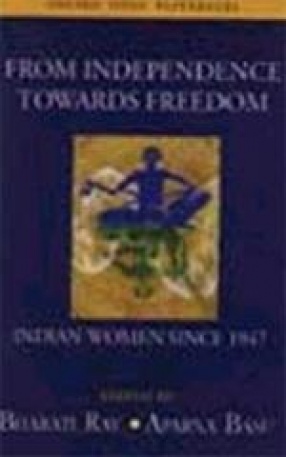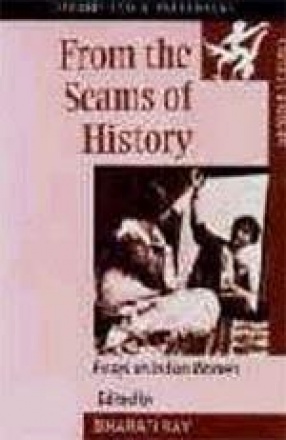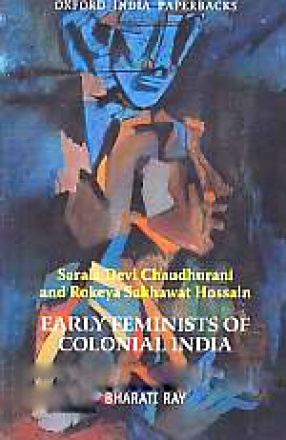
Bharati Ray

Showing all 10 books

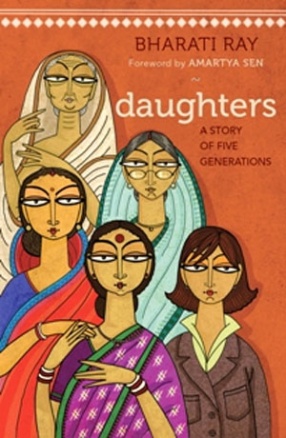
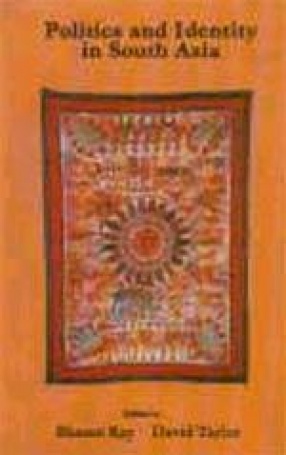
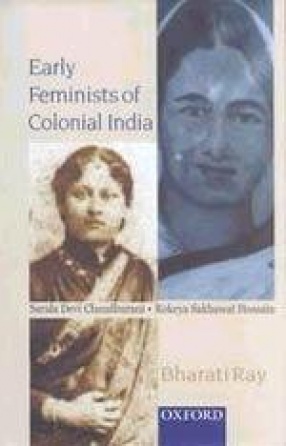


Autobiography of a woman college professor, historian, and vice-chancellor from Calcutta, India. A chronicle of the lives of five generations of women in the author’s family, this fascinating story spans over a hundred years in its narrative sweep, from the late nineteenth century to the early years of the twenty-first. It mirrors and critiques the progress of a nation, its society and its women, seamlessly blending biography with social history.Sundar-ma, ...
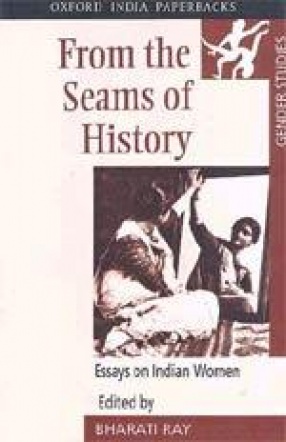
"The ten essays in this book are drawn from a wide variety of disciplines and weave a complex pattern of the experiences of women in India over the last hundred years. The book departs from traditional historiography which has given inadequate attention to women, and in this sense, From the Seams of History attempts to ‘rewrite’ history. Beginning with the debate on widow remarriage in Bengal and Haryana, the book moves on to examine how the new fashions ...


Set against the backdrop of surging nationalism and reform in twentieth century Bengal, this book recounts the lives of two outstanding women—Sarala Devi Chaudhurani and Rokeya Sakhawat Hossain—and compares their work, their approaches and their ideologies. Sarala Devi Chaudhurani belonged to a Hindu—Brahmo community and was related to the nationalist poet—philosopher Rabindranath Tagore. One of the few women graduates of her time, she was perhaps the ...
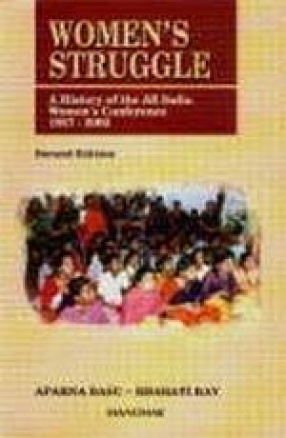
The All India Women’s Conference completes seventy-five years in 2002. Little work has been done on the contributions of women’s organizations to women’s development in India. The first edition of this book was published in 1990. This revised edition brings the story right up to the present and makes a detailed study of the history of AIWC and its multifarious activities. Founded in 1927, at the initiative ...
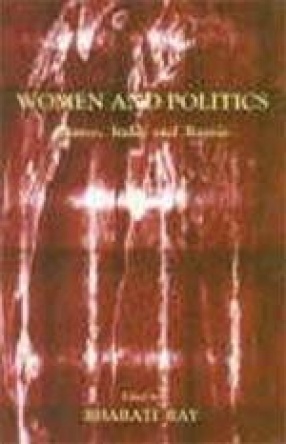
"Feminists argue that if democracy is a government by the people, a democratic state must connote a government run by its men and women alike. Can that definition of democracy be justified in the working of governments even in the ‘democratic’ states of the world ? If not, why not? How and why have women been denied/marginalised in the decision-making processes of the state almost everywhere ? And what can be done to put right a historical wrong? Twelve ...
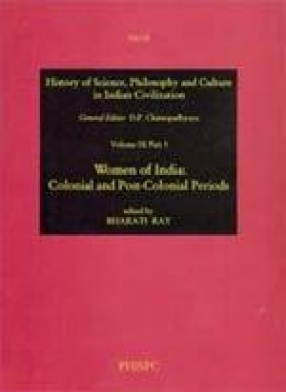
The volume of the Project of the History of Science, Philosophy and Culture in Indian civilization aim at discovering the main aspects of India’s heritage and present them in an interrelated way. These volumes, in spite of their unitary look, recognize the difference between the areas of material civilization and those of ideational culture. The Project is not being executed by a single group of thinkers who are methodologically uniform or ideologically ...
